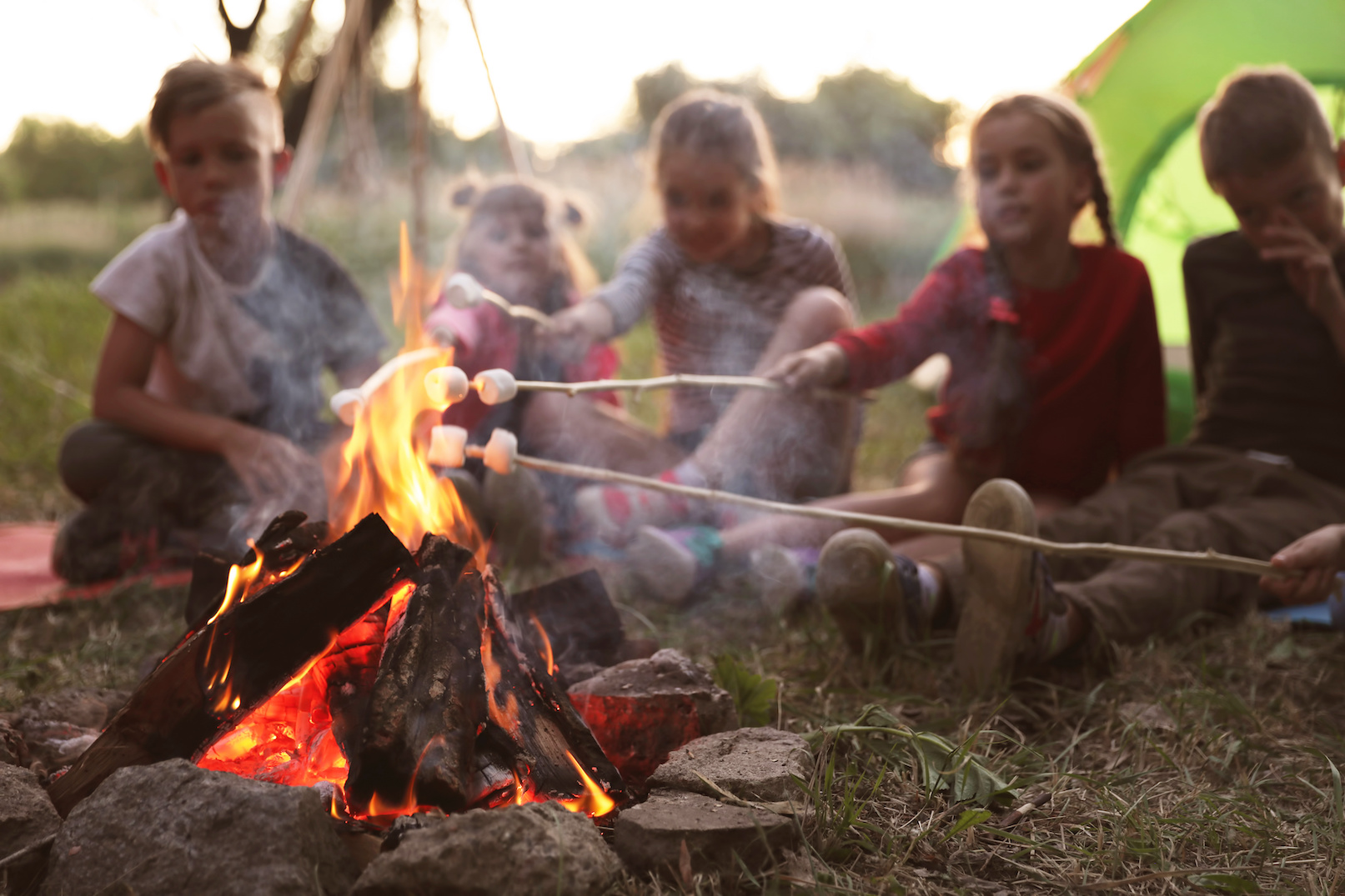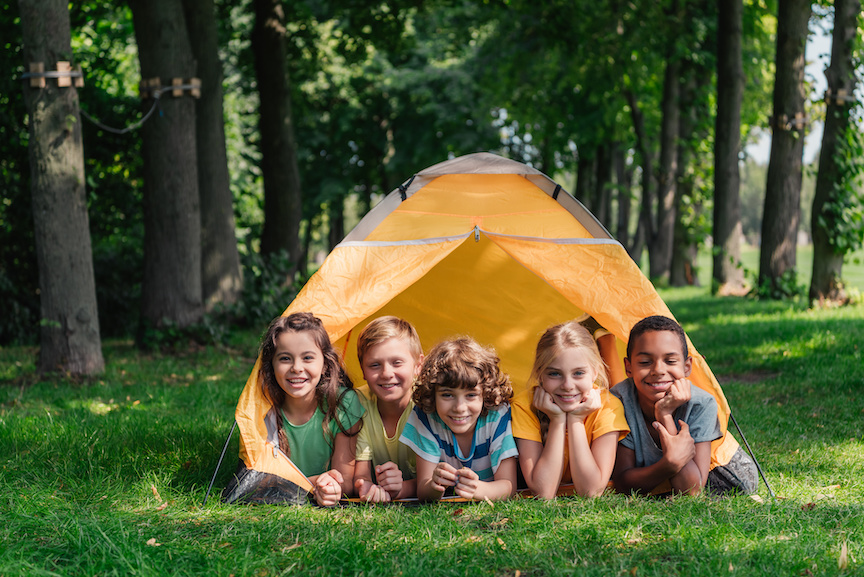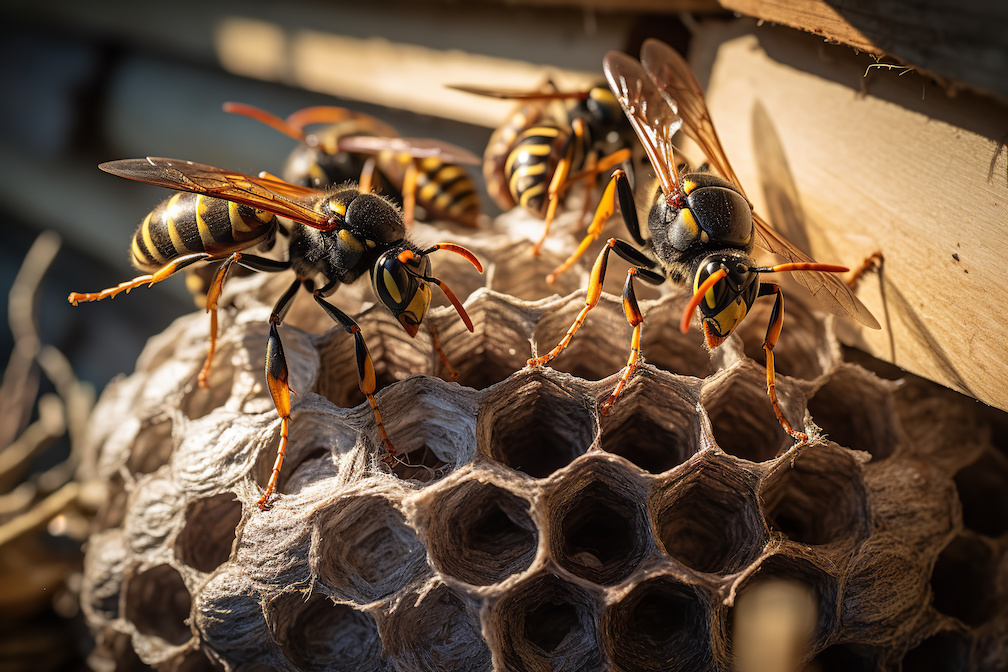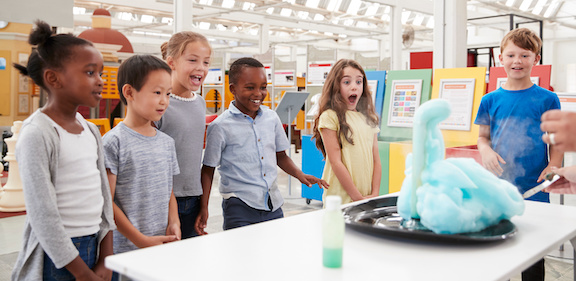
Last time we explored fun ways to camp with kids. And of course that often means campfires and smores! However, it's crucial to prioritize campfire safety, especially when children are involved. Kids are naturally curious and may not always understand the potential dangers of a campfire. In this blog post, we will discuss the importance of supervising kids around campfires, preparing a safe campfire setting, teaching kids about campfire safety, recognizing and treating burns, and knowing when to seek professional medical help.

Are you planning a camping trip with your little ones? Camping with kids can be a fun and memorable experience, but it also requires some extra planning and preparation. From engaging activities to essential packing items and healthy snacks, there are several tips you can follow to ensure an enjoyable camping adventure for your children. In this blog post, we will discuss effective tips for making camping with kids a fun and stress-free experience.

As a parent, one of the many concerns that may come to mind during outdoor activities with your child is the possibility of encountering bees and wasps. While these insects play a vital role in our ecosystem, their stings can be painful and potentially dangerous. In this blog post, we will explore common bees and wasps, how to identify them, immediate steps for treating stings, when to consult a physician, and tips for preventing stings during outdoor activities. It is essential to be informed and prepared when it comes to dealing with bee and wasp stings.

When it comes to household pests, one of the most common and often feared creatures is the house spider. While most house spiders are harmless and actually help control other insect populations in your home, some can pose a risk with their venomous bites. In this blog post, we will explore how to identify common house spiders, understand the risk of spider bites, learn first aid for spider bites, know when to consult a doctor, and discover how to prevent spider bites in your home.

Are you looking for creative ways to keep your preteen engaged and entertained this summer? As a parent, it can be challenging to find activities that are both fun and educational for your child. In this blog post, we will explore five creative ideas to help keep your preteen busy and entertained all summer long.


